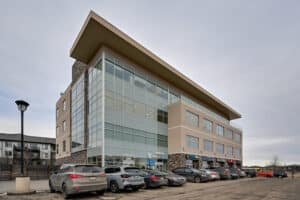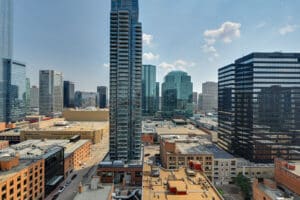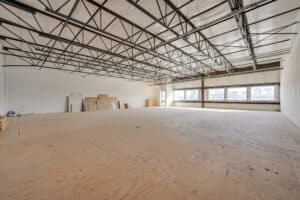Commercial real estate in Edmonton
Pros:
Higher Income Potential
Commercial real estate in Edmonton can be a better investment than residential real estate because it offers several advantages that lead to higher income potential. For one, commercial properties are typically located in prime locations or offer specialized facilities, meaning they can command higher rental rates per square foot. This means businesses and corporations are willing to pay premium rents for these properties. Commercial leases can include provisions for additional revenue streams, like tenants covering operating expenses through triple net leases, which can significantly boost a landlord’s income. The potential for upside through rent escalations, lease renewals, and property appreciation further enhances the income potential of commercial real estate investments, making it an attractive option for investors seeking robust and steady cash flow.
Longer leases

Investing in commercial real estate in Edmonton has a significant advantage over residential real estate due to longer lease terms. Unlike residential leases that commonly run for one year or less, commercial leases often extend for several years or even decades, providing landlords with a steady and predictable income stream over an extended period. This extended duration minimizes the risk of frequent turnover and vacant periods, reducing the need for constant tenant turnover and leasing activities. Longer leases can also provide insulation against short-term market fluctuations, ensuring a steady flow of rental income even during economic downturns. Overall, longer tease terms in commercial real estate investments contribute to excellent stability and cash flow consistency, making it a desirable option for investors seeking reliable long-term returns.
Cons:
Higher initial investment
Investing in commercial real estate in Edmonton can be challenging as it requires a higher initial investment than residential properties. Commercial properties involve higher upfront costs, which include higher purchase prices, substantial down payments, and potentially higher closing costs, which can be daunting for individual investors, especially those with limited capital or financing options. Commercial properties in Edmonton may also require additional funds for renovations, tenant improvements, and ongoing maintenance to attract and keep tenants. The higher initial investment also means greater financial risk as a more considerable portion of capital is tied up in a single asset, limiting diversification opportunities. Securing financing for commercial properties can be more challenging, with stricter eligibility criteria and higher interest rates, which further adds to the overall investment cost.
Vacancy risks
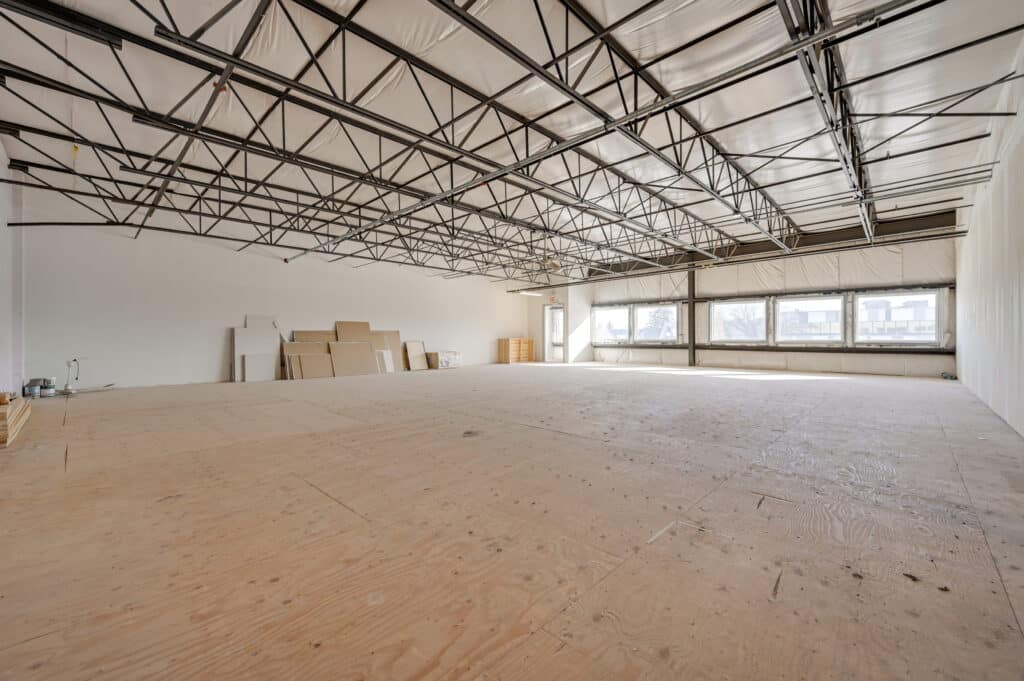
Investing in commercial real estate in Edmonton comes with a significant challenge of the risk of vacancies. Unlike residential properties, commercial spaces between lease agreements may remain vacant longer. Finding new tenants can be time-consuming and expensive, especially in competitive markets or during economic downturns. This problem is further compounded by the longer lease terms in commercial properties, which can cause more significant cash flow problems. Additionally, commercial properties may be more susceptible to fluctuations in market demand, changes in consumer behaviour, or shifts in industry dynamics, which can exacerbate vacancy risks. Landlords may also face challenges in adapting or repositioning vacant commercial spaces to attract new tenants, requiring more time and investment. To mitigate potential income disruptions and maximize long-term returns, investors should conduct thorough market research and adopt proactive property management and contingency planning.
Residential real estate in Edmonton
Pros:
Appreciation potential over time
Residential real estate in Edmonton is a good investment choice for many people because it has the potential to increase in value over time. The value of a property can increase in value over time. Property value can increase due to supply and demand, meaning that as cities grow and more people need places to live, property values go up, especially in desirable areas with good schools, amenities, and infrastructure. People often become emotionally attached to their homes, making them willing to pay more for them. Residential real estate investments are a popular choice for people who want to see their investment grow over time, thanks to factors like increasing demand, good locations, and emotional appeal.
Lower barrier to entry

Residential real estate in Edmonton is more accessible for a broader range of investors compared to commercial properties because residential properties generally have a lower purchase price and require less capital investment to acquire. Financing options are also more abundant and flexible for residential properties. Lower down payment requirements make it easier for investors to enter the residential real estate market. The residential rental market offers various property types, allowing investors to find properties that align with their budget and investment goals.
Cons:
Lower rental income
Investing in residential real estate in Edmonton can be challenging because it generates less rental income than commercial properties. The lower rental income is because residential properties have lower overall rental rates, shorter lease terms, and more rental properties available, which creates competition for tenants. Residential tenants usually prioritize affordability over other factors when selecting rental properties, which limits the ability of landlords to charge higher rental rates. Moreover, residential rental income is more vulnerable to economic downturns or fluctuations in the housing market because tenants are more sensitive to employment, income, or housing affordability changes. Residential real estate investments have the potential for long-term capital growth, but the lower rental income can impact cash flow and overall investment returns. This is especially true for investors who want immediate and substantial rental income.
Shorter leases
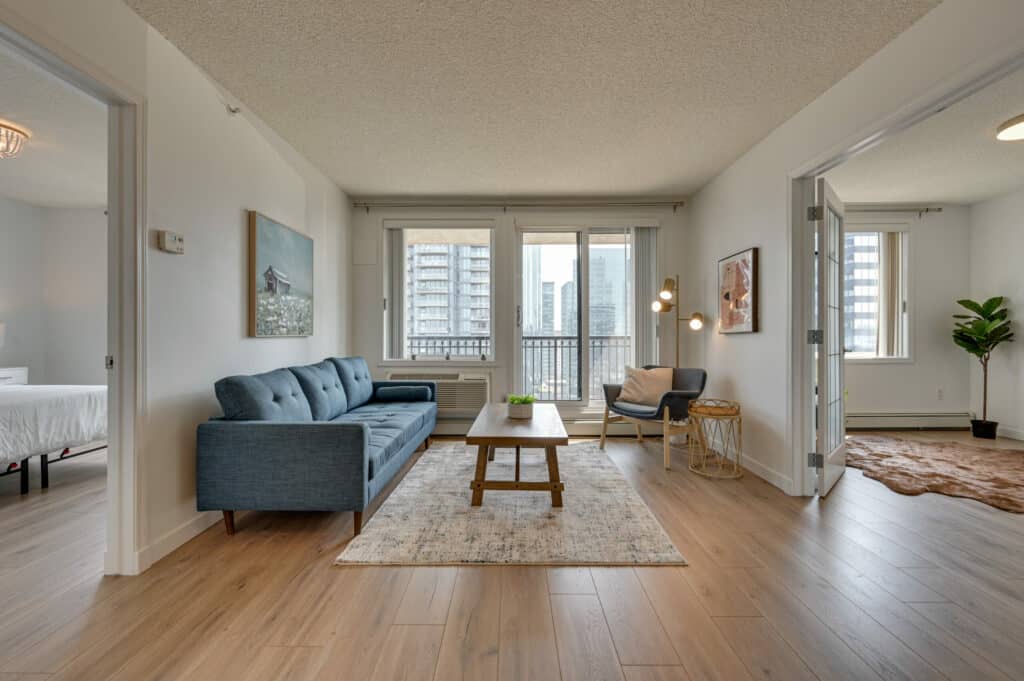
Shorter lease terms can be tricky for investors in residential real estate in Edmonton because tenants move out more often, and there may be periods when the property is empty. Unlike commercial leases, which can last many years, residential leases are usually shorter, often from six months to one year. This means landlords must keep finding new tenants or renegotiating leases, which can be a hassle and cost them money. It also means landlords can’t plan ahead as easily because tenants are free to leave at the end of their lease without penalty. Overall, shorter leases in residential real estate can make it hard to keep the property occupied and to make as much money as possible. To deal with this issue, landlords must find ways to keep their tenants happy and manage their leases well.


